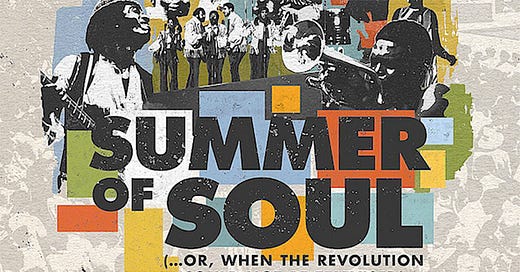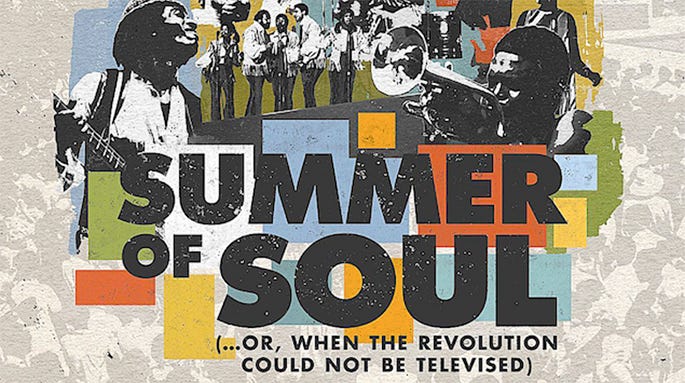Welcome to Just Two Things, which I try to publish daily, five days a week. Some links may also appear on my blog from time to time. Links to the main articles are in cross-heads as well as the story.
#1: Caffeine is the global drug of choice
There’s an long extract in The Guardian from Michael Pollan’s new book on drugs about the extent to which caffeine is embedded in our society as the drug of choice. The book, This Your Mind on Plants is published by Penguin Random House.
Coffee arrived in Europe in 1629, and in Britain in 1650. The first coffee shop opened in Oxford, and by 1652 one had been opened in London, close to where Bank Station is today. It had an immediate effect: at the time people mostly drank light beer or light wine, because the water was risky, so were permanently slightly drunk. Coffee cut through this air of stupor.
(I had the opportunity to try a version of this early coffee on Matthew Green’s Coffeehouse walking tour a couple of years ago. It tasted disgusting but had a kick like a horse.)
(Public domain image of coffee beans via Wikipedia)
Pollan suggests in his piece that caffeine was the drug that made the Enlightenment possible:
It’s hard to imagine that the sort of political, cultural and intellectual ferment that bubbled up in the coffeehouses of both France and England in the 17th century would ever have developed in a tavern. The kind of magical thinking that alcohol sponsored in the medieval mind began to yield to a new spirit of rationalism and, a bit later, Enlightenment thinking.
Indeed, it’s hard to realise the extent to which in modern culture being caffeinated is just a normal state of being—90% of the world’s population are thought to be caffeinated. If not from coffee, then from tea, which, with sugar, became the staple of the English working class, imports from the Empire that drove the Industrial Revolution, after the British stole the secrets of tea production from the Chinese and the necessary land from Assam farmers.
There’s some good stuff in the piece on how caffeine works on the system, effectively topping us up each morning just as the withdrawal symptoms start to kick in.
Caffeine is good for certain types of thinking, less good for others:
Cognitive psychologists sometimes talk in terms of two distinct types of consciousness: spotlight consciousness, which illuminates a single focal point of attention, making it very good for reasoning, and lantern consciousness, in which attention is less focused yet illuminates a broader field of attention... which can nourish creativity. By comparison, caffeine’s big contribution to human progress has been to intensify spotlight consciousness – the focused, linear, abstract and efficient cognitive processing more closely associated with mental work than play. This, more than anything else, is what made caffeine the perfect drug not only for the age of reason and the Enlightenment, but for the rise of capitalism, too.
As with most drugs, the good comes with a downside. Although there are some direct health benefits from moderate regular consumption of both tea and coffee, there is some indirect harm. Caffeine has a detrimental effect on our sleeping patterns, and Pollan argues that we have a crisis of sleeplessness at the moment that is connected to an increase in a whole range of health risks, according to Matt Walker, a professor of neuroscience at Berkeley:
Caffeine itself might not be bad for you, but the sleep it’s stealing from you may have a price. According to Walker, research suggests that insufficient sleep may be a key factor in the development of Alzheimer’s disease, arteriosclerosis, stroke, heart failure, depression, anxiety, suicide and obesity. “The shorter you sleep,” he bluntly concludes, “the shorter your lifespan.”
There are other factors that reduce our amount of sleep, including screen use and alcohol, but caffeine is the only one we use to compensate for our lack of sleep:
the drug is not only a leading cause of our sleep deprivation; it is also the principal tool we rely on to remedy the problem. Most of the caffeine consumed today is being used to compensate for the lousy sleep that caffeine causes – which means that caffeine is helping to hide from our awareness the very problem that caffeine creates.
#2: Summer of Soul
The new documentary based on previously unseen footage from the Harlem Summer of Soul festival in 1969 has been getting a lot of attention, and, it seems, deservedly so. Summer of Soul is the first film by Ahmir "Questlove" Thompson, who is a DJ and drummer, as well as the bandleader of the hiphop group Roots. NPR’s review suggests he has ‘mixed’ the historic footage with the new interviews.
The British music writer Richard Williams has a short post on his excellent blog that picks out some interesting points. The first is that the the moment captured at the concert is a kind of handover of Black culture to a new and more militant generation:
It’s like one generation handing the torch to another, and there’s quite a lot of that feeling throughout the film: the elaborate stage costumes of the Fifth Dimension and the straw-thin David Ruffin giving way to the hippie threads of Sly and the Family Stone being one example, the contrast between restrained mohair-suited blues of B. B. King and Nina Simone’s closing recital of a challenging poem by the Last Poets’ David Nelson being another. As someone says, this “was when the negro died and Black was born.”
But although it is a historic artefact, it’s impossible to watch this now in the aftermath of the Black Lives Matter without re-reading it. Harlem in 1969 was regarded as unsafe territory for white people, and there are few white faces in the tens of thousands in the crowd. For the black audience, this created a sense of solidarity. And for the performers too, suggests, Williams:
I remembered, too, the times I’d seen Nina Simone at Ronnie Scott’s or the South Bank, and been irritated and even infuriated by the distance she’d chosen to open between herself and her all-white audiences, expressed in bouts of brusqueness and truculence generally ascribed to a diva’s temperament. To see her in a Harlem park, gently crooning the brand-new “To Be Young, Gifted and Black” to her people, so centred, so serenely beautiful in her Afrofuturist hair and robes and jewellery, made me feel ashamed of those responses from 30-odd years ago. Sure, I loved the music in Summer of Soul, but I also came out of the cinema into a warm London night with a lot to think about.
Summer of Soul is in cinemas and on Hulu. There’s a curated playlist by Questlove on Spotify.
j2t#135
If you are enjoying Just Two Things, please do send it on to a friend or colleague.




